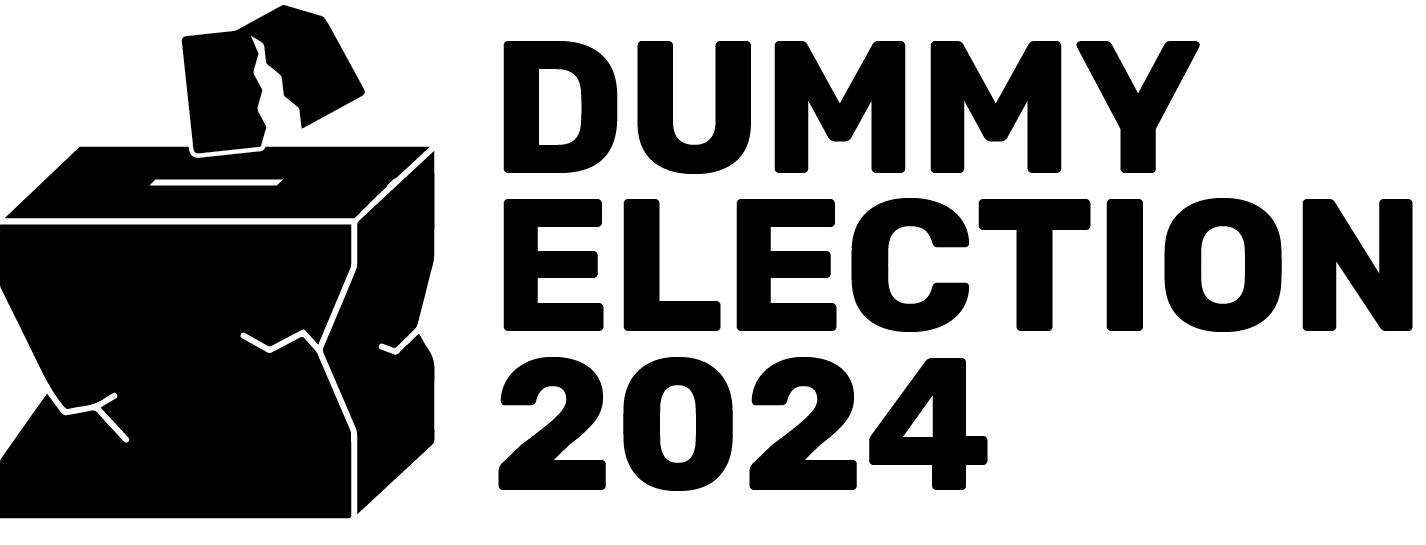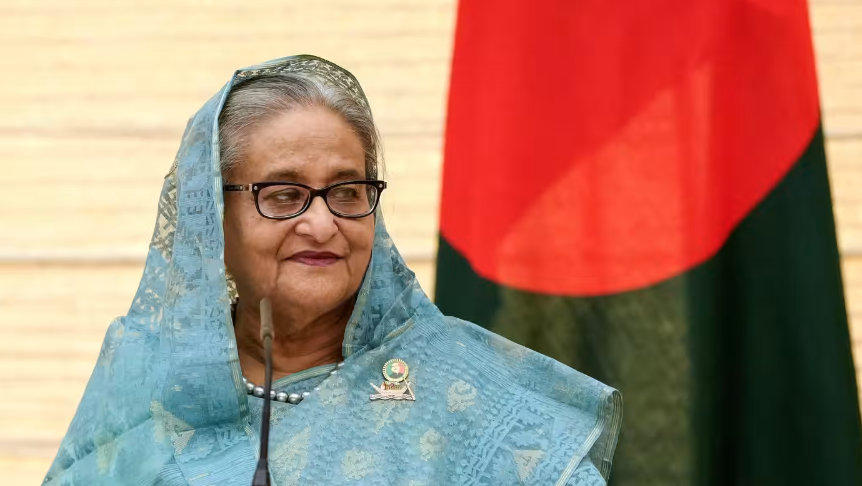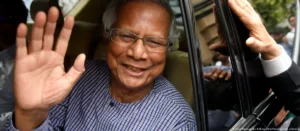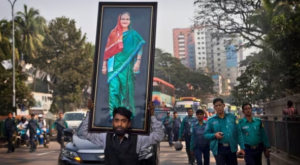Chief Election Commissioner Kazi Habibul Awal announced the date on Wednesday in a televised address. But analysts warn that the decision to set the schedule without settling opposition protests and demands for a caretaker administration risks further inflaming tensions in the South Asian country.
The opposition led by the Bangladesh Nationalist Party wants Prime Minister Sheikh Hasina to step down and transfer power to a neutral government before the election because the two previous polls won by her Awami League were marred by allegations of rigging.
Hasina denies any manipulation and insists she is a defender of democracy. She has refused to give in, prompting repeated efforts by the opposition to obstruct transportation. Clashes between opposition activists and security personnel in recent weeks have resulted in several deaths, scores of arrests and widespread arson.
The U.S., which has been vocal in pushing for a free election, has slapped visa restrictions on anyone undermining one, and called for dialogue to ease the volatile situation. But on Wednesday morning, Obaidul Quader, the Awami League general secretary, ruled out talks with the opposition.
“There is no scope for dialogue when the election schedule is announced,” he told reporters after receiving a letter from U.S. Ambassador Peter Haas.
The BNP did not immediately respond to the American call for unconditional talks, but on Tuesday took to social media to warn against setting an election date. Doing so, it said, would “be a suicidal decision for Bangladesh’s politics.”
“Bangladeshi people will strictly reject such [an] unethical decision,” the BNP said.
Ali Riaz, a professor of politics and government at Illinois State University in the U.S., said the EC’s polling date announcement reflects the wishes of the current government and shows it does not want an inclusive election.
“This will plunge the country into a deeper political crisis with serious implications for the fragile economy,” he told Nikkei Asia.
The economic pressure has only risen in recent days, with the crucial garment industry disrupted by protests for better wages.
Riaz predicted that as a result of the election date announcement, “violence will intensify in the coming days, lives are likely to be lost, and sufferings of the common people will grow.” He said the EC should be held accountable.
The professor said it appears Bangladesh is on course to repeat of the widely questioned 2014 and 2018 elections, but that “a non-inclusive, engineered election in 2024 will be far more consequential than the past two.”
“The future of the multiparty system in Bangladesh and its international alignment are hanging in the balance,” he said, referring to ties with the U.S., which has clearly signaled it will not tolerate an unfair race. “This election, if held unilaterally, will change the course of the country’s future.”
The government appeared well aware of how the election announcement would be received. It deployed over 180 platoons of Border Guard Bangladesh paramilitaries and other law enforcement personnel across the country on Wednesday as opposition activists set up more blockades. Police rounded up dozens of activists and leaders as they tried to hold processions to halt traffic.
The EC itself was also put under high security with a BGB deployment. Police were expected to fly surveillance drones over Dhaka to prevent “sabotage.”
Despite the spiraling tensions, some are reasonably optimistic of a way out.
G.M. Quader, chairman of the Jatiya Party — the largest opposition after the BNP resigned from parliament — said at an event on Tuesday that he believes there is still scope for dialogue.
Likewise, the elections chief said, “Lessening differences on elections through dialogue is not impossible.”
Shantanu Majumder, a political science professor at the University of Dhaka, said that the U.S. proposal was “not a bad thing,” and suggested that barring clashes, the only way to resolve differences is through dialogue.
He said it is not too late to talk “even after the announcement of the election schedule,” but that without communication there will be chaos. Both the ruling and opposition parties, he said, should go into discussions on the understanding that they “may not get 100%” of what they want.
Majumder said that after the COVID-19 pandemic, and the inflationary impact of the Ukraine war, political turmoil is putting severe pressure on common Bangladeshis, “adding insult to injury.”
But Riaz believed the crisis has reached an inflection point.
“Opposition parties should take this as the clearest message that it is time to come together to press for their demands,” he said. At the same time, much depends on whether the international community is ready to act to stop a “disaster in the making.”
This article was first published on Nikkei Asia, on November 15, 2023
